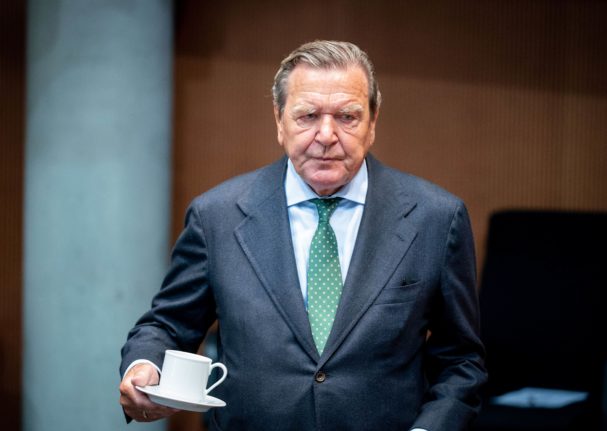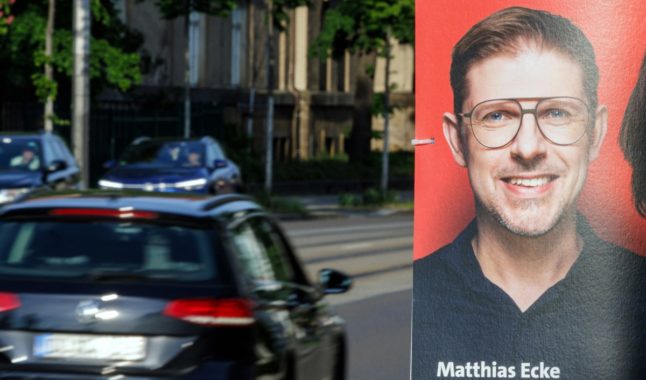Schröder, 78, has come under heavy criticism for his proximity to Russian President Vladimir Putin and involvement with state-backed energy companies.
The decision to suspend Schröder’s taxpayer-funded office and staff in May was “contrary to the rule of law”, Michael Nagel, told public broadcaster NDR.
Schröder “heard of everything through the media”, Nagel said, noting that the Social Democrat had asked for a hearing before the budget committee responsible but was not given the chance to express himself.
READ ALSO: Germany strips Schröder of official perks over Russia ties
Schröder’s lawyers filed the complaint with an administrative Berlin court, a spokesman for the court confirmed.
In its decision to strip him of the perks, the committee concluded that Schröder, who served as chancellor from 1998 to 2005, “no longer upholds the continuing obligations of his office”.
Most of Schröder’s office staff had already quit before the final ruling was made.
Despite resigning from the board of Russian oil company Rosneft and turning down a post on the supervisory board of gas giant Gazprom in May, Schröder has maintained close ties with the Kremlin.
The former chancellor met Putin in July, after which he said Moscow was ready for a “negotiated solution” to the war in Ukraine — comments branded as “disgusting” by Ukrainian President Volodymyr Zelensky.
Last week, the Social Democrats concluded that Schröder would be allowed to remain a member after he was found not have breached party rules over his ties to the Russian President.
Schröder’s stance on the war and solo diplomacy has made him an embarrassment to the SPD, which is also the party of current Chancellor Olaf Scholz.



 Please whitelist us to continue reading.
Please whitelist us to continue reading.
Member comments